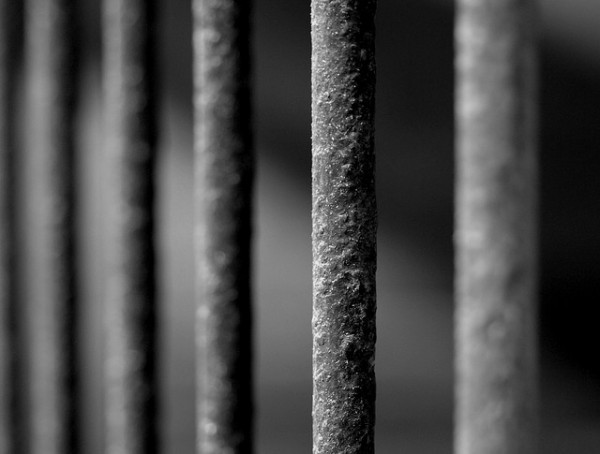
A unique San Diego diversion program may be the last chance for many troubled local kids to stay out of the criminal justice system.
Jay Moser, a San Diego police sergeant who runs the program, employs a combination of “Scared Straight” tactics for the kids and a parenting class for their families that steeps them in ideas about who their kids are, how to better connect with them and how to manage their own frustration and anger.
“We take the kids on a tour of where they seem to be headed, and our partner, the San Ysidro Health Clinic, works with the parents,” Moser said. “I asked them to do the impossible, put a 12-week parenting class into three weeks, and they’re doing a great job of it and not getting a penny for their work.”
Moser has been on the Juvenile Services Team in Southeast San Diego since 2010. Southeast is a diverse and economically challenged region where
The strike team added the parenting component to the existing diversion program a little over a year ago – with the full support of Police Chief William Lansdowne, a surprise guest at a recent session.
“It’s pleasing to see the kids listening so well and the speakers aren’t overplaying their cards,” the chief said. “I understand that this program has cut referrals to juvenile hall by 44 percent – that’s a change for the better for the kids and the community and us.”
The program is showing results, Moser said. After a year – about eight four-week sessions, the kids they pull in after their first arrest are two and a half times less likely to be rearrested. And the parents have started trickling into the clinic’s satellite offices for more parenting skills to deal with their other children.
Many of the kids are picked up on truancy or curfew sweeps, and the average age is 16 – though Juvenile Services Team Officer Tyler Deyling says he’s seen kids who were arrested days before their 18th birthday. One young woman at the most recent session was arrested selling marijuana within a week of becoming an adult.
“You got lucky,” Deyling told the young woman. “This really is your last chance to stay out of prison.”
Deyling starts the sessions by making the kids tuck in their shirts. Then he introduced a series of working officers from the California Department of Corrections – the prisons – and the county parole office who talked to the kids about what they see and do at work each day. Other sessions included a visit with a Juvenile Court judge who explained just how much of their freedom and their rights they would lose – down to having to wear someone else’s underwear because of the laundry practices at juvenile hall.
Later in the program, the kids will meet some parolees, through the Off The Streets program and talk with someone who just got out of prison and must build a life from scratch, with a criminal conviction.
While the kids are touring the justice system house of horrors, the parents are learning about who their children are becoming.
“We talk about how adolescents behave and why – we start by getting them to remember their own adolescence and how the communication in their family worked then,” said Maria Sanchez, Healthy Steps Manager for the San Ysidro Health Center. “Sometimes they don’t realize they’re following their own patterns to the detriment of being able to communicate with their kids.”
The social workers leading the parents’ sessions – in English in one room and Spanish next door – try to explain different levels of communication to help parents deal with their kids in ways that tells them how much they care, rather than how angry the parents are.
“We talk about anger as the iceberg,” Sanchez said. “Why it is that anger is the only feeling it’s okay to show and how anger comes from other feelings that their kids need to know about. A lot of us can’t even identify what we’re feeling because we never learned to, and if parents can start to do that, they can teach their kids to.”
But three weeks is a short time to work on some pretty serious issues, Sanchez said.
“Anything they take that’s positive, they’ve made huge progress,” she said. “Of course, we know they have started from a place of caring about their kids because they are here, working hard to help them.”





